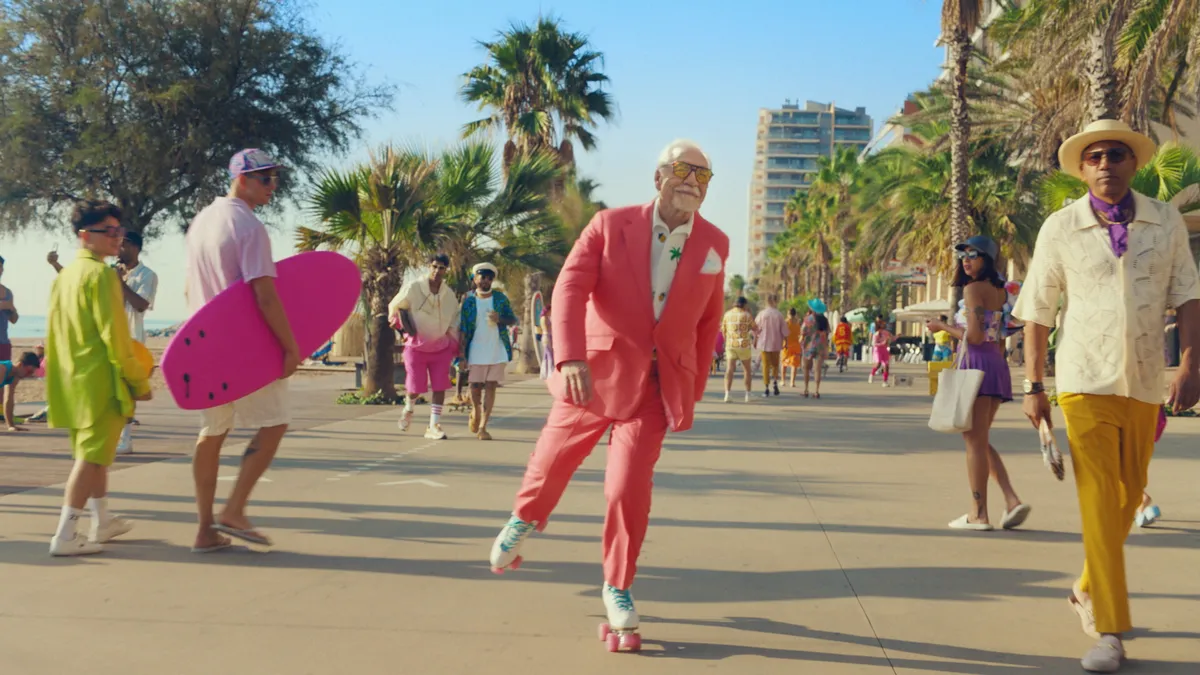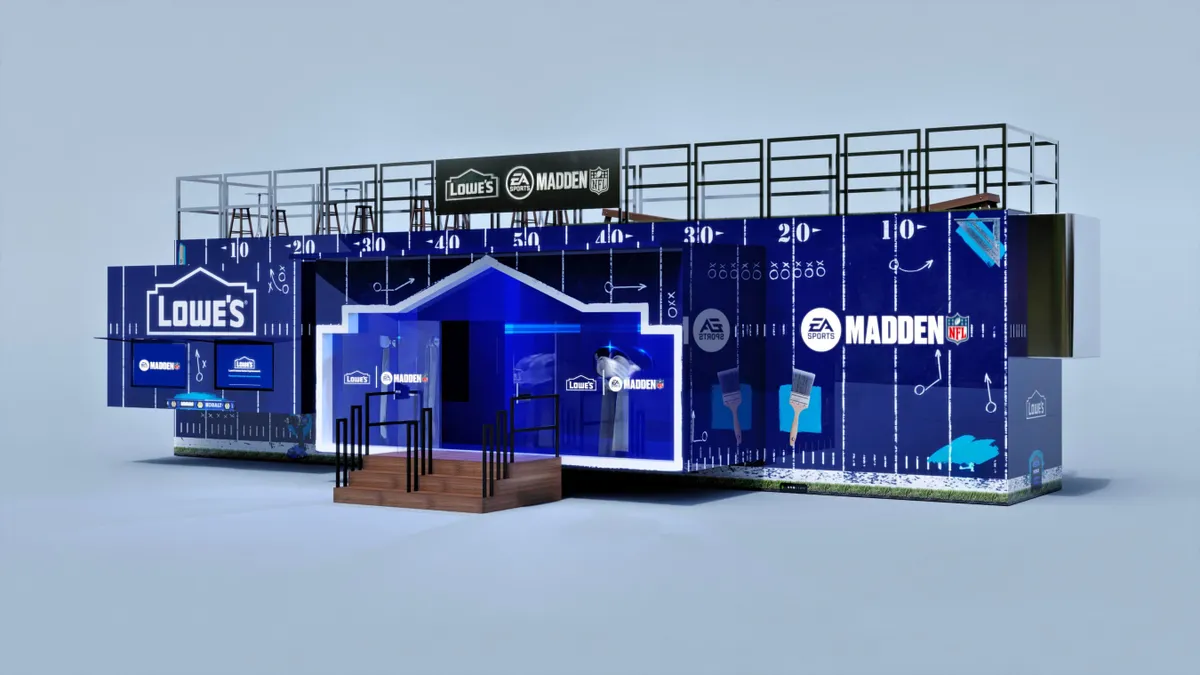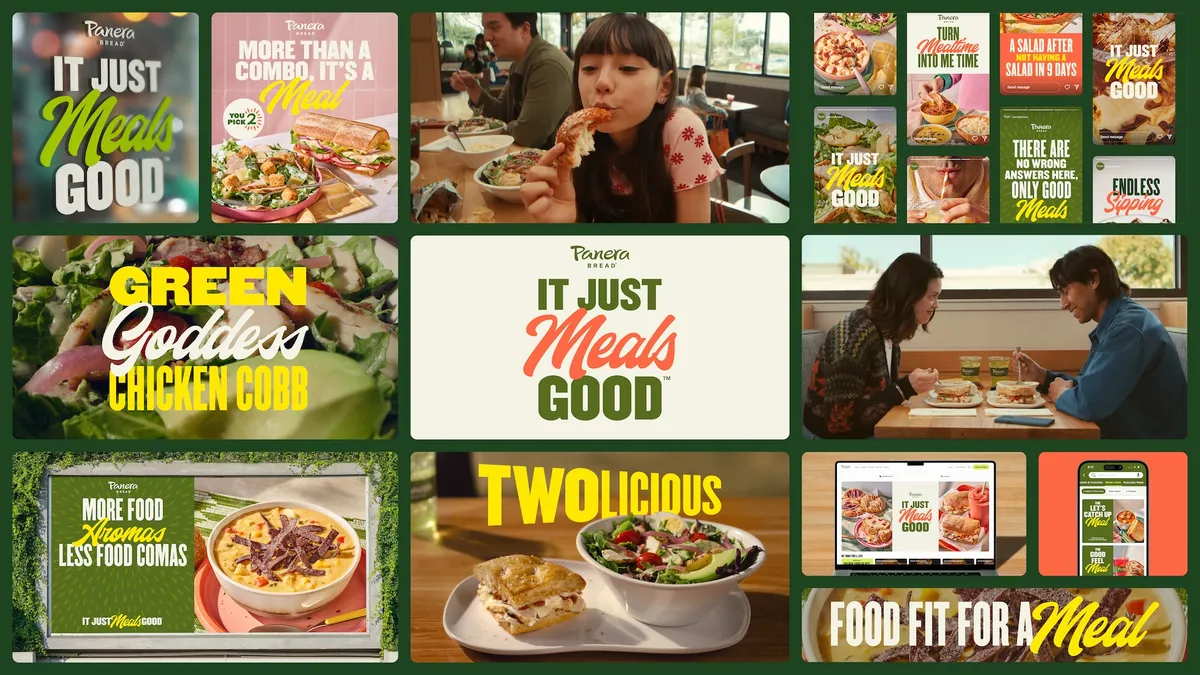Even as consumers increasingly prefer green brands, not all brands have figured out how to market around sustainability. Notably, Volkswagen made headlines last month with a botched April Fool's Day prank that might have undermined its electric vehicle (EV) ambitions. The Voltswagen stunt illustrates how brands have had difficulty messaging around sustainability and engaging with consumers that are suspicious of brands' true intentions.
The problem is that many brands lean too heavily on marketing around sustainability and, in turn, are raising the ire of consumers who find the messages self-serving because companies aren't taking a more holistic approach. This situation is founded in several misconceptions and missteps evident in current marketing approaches, according to a recent Forrester report that was shared with Marketing Dive.
For many CMOs, knowledge of brands that are both profitable and sustainable is limited to a company like Patagonia, leading head marketers to infer that it's essentially impossible to be both. But while the outdoor retailer posts billion-dollar sales, it's not alone. The Forrester report highlights sustainable success stories including DTC startups like Allbirds and Imperfect Foods, oat milk brand Oatly — which is seeking a $10 billion valuation in an initial public offering — and Unilever brands Dove and Ben & Jerry's that are growing faster than the rest of the CPG giant's business.
"When brands are both sustainable and profitable, they often have a holistic sustainability approach and think of sustainability as driver of their business transformation, impacting not just marketing but the entire organization from sourcing to supply chain," said Thomas Husson, the VP and principal analyst at Forrester who edited the report, via emailed comments.
Misunderstanding the profitability and functionality of sustainable businesses causes CMOs to mishandle the marketing opportunity. They are not able to innovate their marketing mix or persuade company leaders to tweak business models, per the report. This is compounded by a fear of consumer backlash over claims of "greenwashing" and leads CMOs to default responsibility to other executives tied more closely to sustainability.
"CMOs may initiate the conversation because they realize that marketing can be used not only to preserve brand reputation but also to highlight their company's positive performance to make real change happen across the value chain. But the reality of the work happens behind the scenes with chief procurement and chief sustainability officers," David McClintock, marketing director at EcoVadis, said in the report.
How brands get sustainability right
While these pitfalls have affected many brands, the CMOs who get sustainability right are approaching marketing as more than just communication and advertising, but as a transformative approach that connects with consumer expectations, per Forrester's Husson.
"They truly understand their customers' emotions, demonstrate empathy, innovate with new product experiences, and authentically engage their communities," he said. "They can justify premium prices by rethinking value chains to stay competitive and by embracing new distribution channels and concepts."
Approaches to marketing around sustainability are not one-size-fits-all, especially when comparing traditional brands that have to deal with legacy issues to DTC brands crafted with the environment and green products in mind.
"[DTCs] tend to leverage more modern and creative marketing techniques and to rely less on traditional advertising. For traditional B2C brands, the challenge is that they more often than not have to face internal orchestration issues and need to revisit how they establish a dialogue with consumers," Husson said.
"When brands are both sustainable and profitable, they often have a holistic sustainability approach and think of sustainability as driver of their business transformation..."

Thomas Husson
Vice president and principal analyst, Forrester
The dialogue, however, must be tailored to the super-green consumers who make up about 15% of the U.S. online population. This cohort tends to be younger, more empowered and more likely to buy from companies that align with their values, especially around climate change. These are the consumers who are driving corporate action on climate and sustainability innovation, Husson explained.
They are also likely not impressed with marketing stunts like the one Volkswagen pulled last month, where the carmaker attempted to lure consumers with a satirical campaign that may have undermined its actual EV efforts by reminding people of the brand's history with false emissions claims.
The prank compares unfavorably to something like P&G's "Tide Cold Caller" campaign, which tapped celebrities to promote the environmental benefits of washing clothes in cold water. The effort coincided with the release of Tide's 2030 Ambition pledge to decrease its carbon footprint, and P&G's larger purpose-driven efforts around sustainability.
More often that not, campaigns that walk the line are coming from new companies, not legacy brands, per Forrester.
"Some brands choose to have a very engaged and serious communication but overall I noticed that new sustainable businesses tend to be more creative and to launch fun and engaging campaigns," Husson said, naming U.K. beverage brand Innocent as a brand of note. "That said, the most important [thing] is to find a tone that authentically engages the brands' community."























